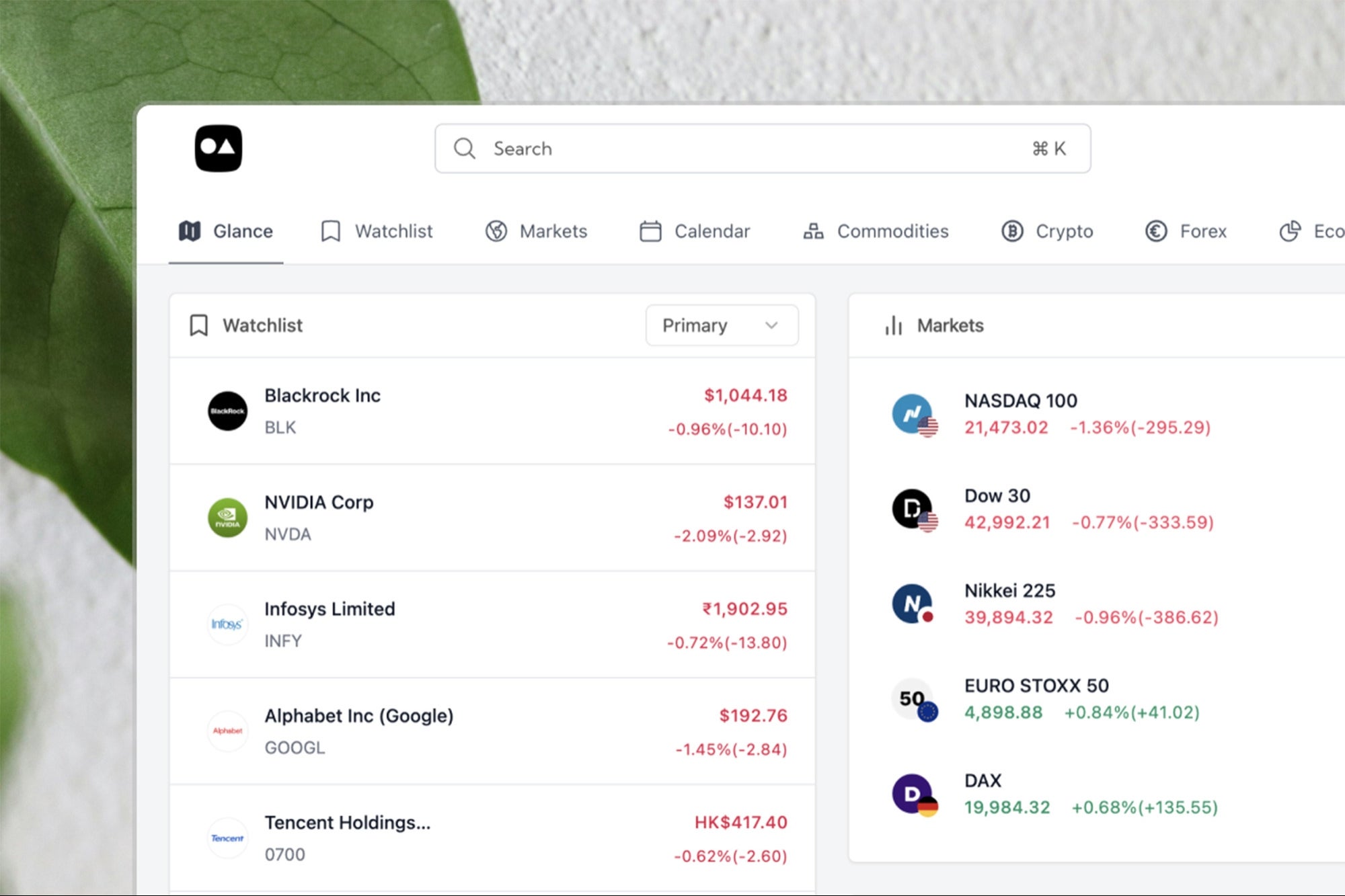Google Fiber Team Looks to Cut Costs, Staff Still, despite potential cutbacks, Google Fiber is coming to Salt Lake City.
By David Murphy
This story originally appeared on PCMag

Google has some pretty high expectations for its Google Fiber service -- around 5 million subscribers within five years of its launch. As The Information reports, Google is nowhere near that goal two years into Fiber's rollout, and it appears that parent company Alphabet is looking to hit the brakes even more.
According to internal Google sources speaking to The Information, Alphabet CEO Larry Page asked Access, home to the Google Fiber business and headed up by CEO Craig Barratt, to cut its staff in half -- to 500. And Fiber's cost-savings won't just be layoffs; Page also wants Fiber to cut its costs for Internet access by one-tenth, possibly via wireless service.
Google's moonshot project for delivering ultra-fast Internet connectivity to various metropolitan areas doesn't come cheap. According to sources speaking to Recode, it costs Google about $1 billion for each new market it enters, thanks to all the infrastructure issues the company has to deal with when trying to deploy fiber. That includes covering the "last mile" -- as it's often termed -- between an area's existing fiber-optic infrastructure and the specific homes and businesses getting wired up for Google Fiber.
It's expensive enough that Page himself recently took some time on an Alphabet shareholder call to discuss how the company is looking to potentially move to gigabit wireless point-to-point transfers to cover this gap, which could allow Google Fiber's rollout to continue at a significant cost savings. With that comes an assumption that this unproven millimeter wave technology works as well as Google expects it to -- in more conditions than just a bright, sunny day with nothing blocking the signal, that is.
As Page put it, moving to wireless for the last leg of Google Fiber's trip to a home or business would be "cheaper than digging up your garden" -- perhaps up to one-fifth of Fiber's current deployment costs, as some sources have suggested.
If millimeter wave technology sounds familiar, it's the same kind of setup that Starry is looking to use for its internet service offering. The company recently released its Wi-Fi Station -- a simple touch-screen router -- in advance of an internet service plan that uses big access points (Starry Beams) to shoot a millimeter-wave signal to an antenna you attach to your house or apartment (a Starry Point). This antenna then beams the signal into your house (likely to your Starry Router, or other Starry devices), which serves as the backbone for your home network.
Still, despite potential cutbacks, Google Fiber is coming to Salt Lake City. Residents there can now sign up for Google Fiber TV and Internet service until Oct. 20. Google first announced plans to launch there in March 2015.










